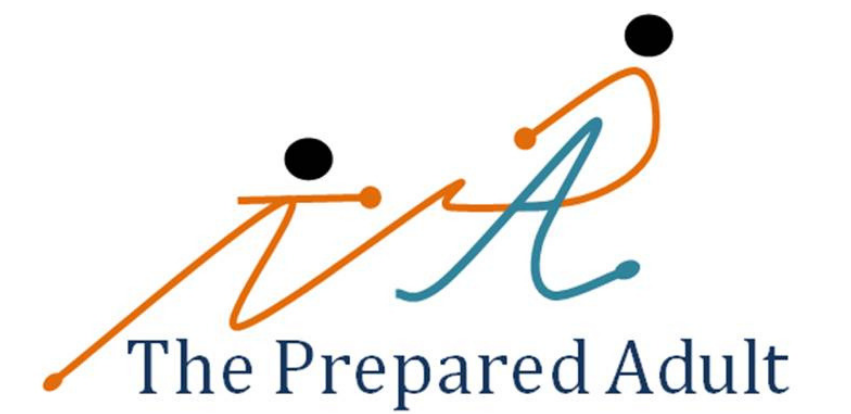 By Zena Kavas — Biology Teacher — High School
By Zena Kavas — Biology Teacher — High School
Wā Ora Montessori high school recently co-hosted and participated in the annual Meeting in the Middle workshops, a meeting of Montessori teachers spanning 4 different time zones, New Zealand and Australia, with participants from Bali and the United States fitting in with us. Although we were originally looking forward to hosting this event in person and showcasing our amazing school and learning programme here at Wā Ora, the COVID travel restrictions have allowed to us to explore how to present and participate in an on-line meeting and conference.
Many of our teachers hosted on-line workshops — Thomas was one of the hosts, Sarah Jane ran an inspiring workshop on micro economy, Jason hosted a workshop describing the next 8 days of life in the lead-up to Coffeehouse, and David explained how he designed and continues to build the Maths programme at Wā Ora. There were also workshops and discussions on:
– teaching in these COVID times, with discussions on how different schools are dealing with the range of issues that the future holds in terms of on-line teaching
– sharing ideas around the issues and successes of timetabling
– planning a senior Montessori programme that covers the learning that is necessary for the needs of the students
– a humanist approach to creative self-expression, and how to integrate the humanities with mathematics, technology and the sciences
– creative solutions to overcoming barriers, and the euphoria of overcoming the odds
Meeting in the Middle is a wonderful opportunity for us learn what other schools are doing, to share our successes and challenges, to discuss curriculum and programme development, and to collaboratively explore and problem solve. And equally importantly, it is a chance for us to catch up with and get to know other adolescent programme Montessori teachers. Although we teach to the New Zealand curriculum, it can sometimes feel lonely, and that we are marching to a different beat. So we make the most of these chances to be part of the Montessori community. Maria Montessori said “we shall walk together on this path of life, for all things are part of the universe and are connected with each other to form one whole unity” (To Educate the Human Potential, p. 6). Although this quote is referring to educating the child, it is also very relevant to how we, as adults work best — when we are supported by caring colleagues in our community, and can share our experiences, both triumphs and our tribulations. This gives us the courage to continue to innovate, to try new ideas and to continue to improve how we teach.
Ironically, I got some great ideas from other Montessori teachers here at Wā Ora, shared over the Zoom forum with our overseas colleagues. I have come away from this conference feeling inspired and supported to continue developing the programmes that I teach.
